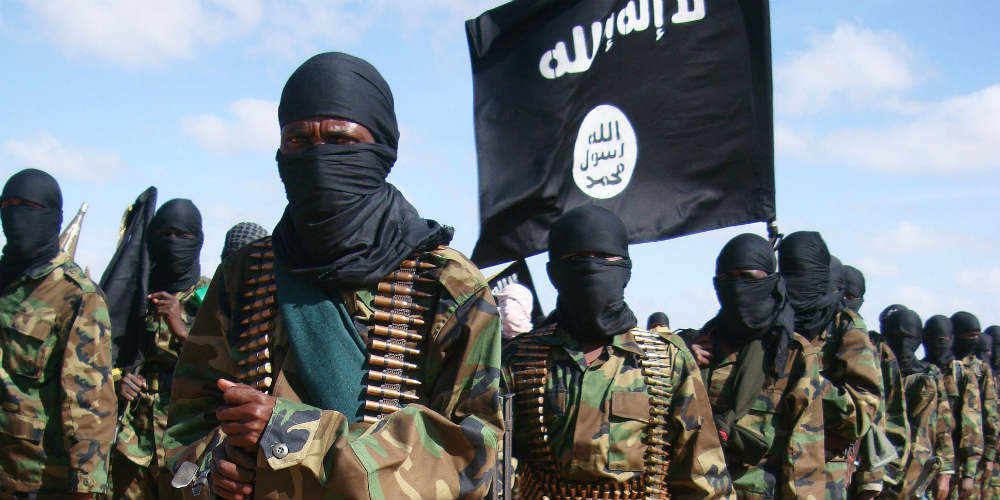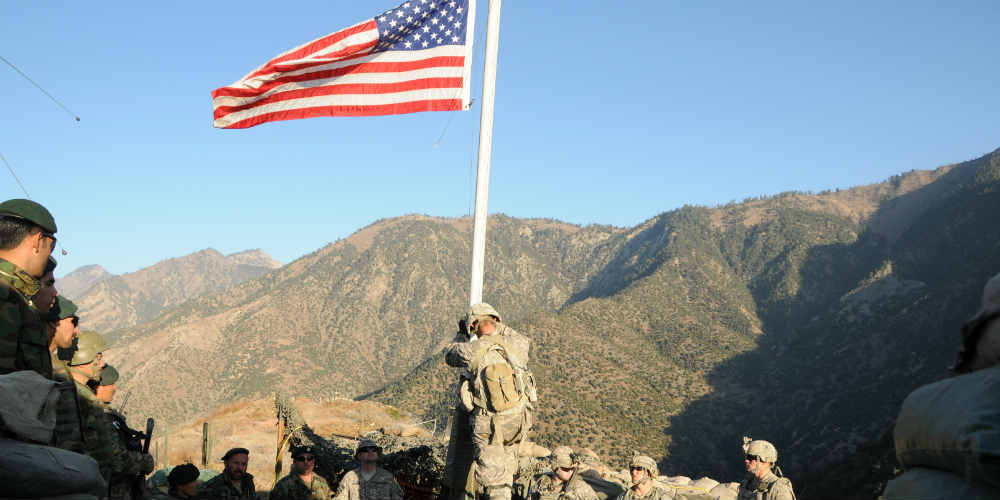Nostalgia in Tripoli
The first meeting with Muammar Qaddaffi was the most dramatic. It was exactly a week after President Ronald Reagan ordered the bombing of this city on April 15, 1986.
In a sense, the current Anglo-French enthusiasm for Qaddaffi’s elimination completes the circle begun with Reagan’s air attacks. Remember, the Reagan-Maggie Thatcher combine had taken upon themselves the daunting task of reversing the process of Western decline after US defeat in Vietnam, emergence of communist governments in Angola, Mozambique, Ethiopia, Nicaragua plus powerful communist parties in Italy, France, Spain. The attack on Libya was part of Reagan’s counter offensive, climaxing in the Star Wars project leading to Soviet implosion. This alas was followed by Neo Cons overreach and the fall of rampaging capitalism, Occupy Wall Street. The Anglo-French rush into Libya is (partly) to keep the wolf from the European door.
Yes, that memorable first meeting. Past midnight I find myself being driven to Bab el Azizia, the fort like compound where Qaddaffi lives. Foreign Minister Kamel Maqhour greets me at the gate. Then, past a series of rectangular spaces to a dimly lit room with low ceiling, like a spruced up army camp. Behind a rectangular table, in air force over alls, a black embroidered gown over his shoulders, and flanked by gorgeous, well chiseled women body guards, (one ebony black the other, its marble counterpart) stands Qaddaffi. It is a stunning trio, like an ad for a fitness parlour.
Man for Thatcher
The conversation bristles with self conscious sexuality. Reagan attacked him to impress Margaret Thatcher, he laughs.
“He is a failed actor who became President of a great power and he wants to show he can move fleets, big war machines. He is suffering from old age. He wants to finish the world before he goes. I have studied psychology. I know what I am talking about. He has a special relationship with Thatcher – he wants to prove to her that he is a man.” Men from Sirte, reared on camel’s milk, are known for flaunting their macho sexuality.
He looks athletic compared to the Kings and Sheikhs who populate Arab summits. His arrogant carriage is itself something of a taunt. Occasionally he adds insult to injury by calling them “lackeys of imperialism” provoking outbursts some of which have become part of Arab summit folklore. At a summit at Sharm al Sheikh Prince Abdullah (now King of Saudi Arabia) screamed across the table, pointing at Qaddaffi, “Kalb” which means “dog”.
Rajiv Gandhi’s initiative
At Rajiv Gandhi’s initiative, Non aligned foreign ministers decide at their meeting in New Delhi that a delegation of foreign ministers led by India’s Bali Ram Bhagat should proceed to Tripoli in the spirit of NAM solidarity.
Rajiv asks me “aren’t you covering the story?” His special assistant Ronen Sen navigates my request for an interview with Qaddaffi through diplomatic channels. At Tripoli’s hotel Mahar, I buttonhole Bhagat and hand him a copy of my interview request to be handed to “the leader”. I was granted the interview, but, ironically, Bhagat was sacked soon upon his return. Reagan apparently threw a ginger fit at the Indian initiative.
Qaddaffi, meanwhile stepped up his diplomatic contacts with New Delhi. His son, Saif ul Islam visited India with a “sealed” letter from Qaddaffi for Prime Minister Vajpayee. This was in 2001, after Qaddaffi had made his peace with the West. In those days Qaddafi was a ghost of his former self, like an actor without a stage.
The letter is his “new internationalism”. He urges Vajpayee to take the initiative to “reunify” India, Pakistan and Bangladesh, a reversal to the pre 1947 structure! Vajpayee is amused. He should take up the project first with Pakistan, Vajpayee suggests with a glint in his eye.
Shikar Trophy
The straightforward colonial solution as to what to do with Qaddaffi’s body would have been to hide it from people who might be tempted to build a shrine around which might grow popular movements – like the last Moghul emperor dispatched to Yangoon to die in the garage of a junior officer or, better still, like Osama bin Laden tossed in the sea.
Why did the West want him to be killed? In his appraisal to me, Qaddaffi was on target: oil, one of the world’s largest reserves of under ground water, an angry clergy choked by his secularism, his links with Africa, promotion of African population in Libya annoying the Mediterranean Arabs, unwavering support for Palestine and, ofcourse, “my fierce independence”.
Only when the mist lifts shall we know how many of Libya’s six million population divided into 140 tribes will agree on a leader through the democratic route.
It must enthuse the faithful that every kick on Qaddaffi’s body was accompanied to the sound of “Allah o Akbar”. Is this not poetic justice for a man who had banned the Mullah? The most educated in a community could lead the Friday prayers. He had opened the World’s first military academy for women, something women in Saudi Arabia will have to wait for a hundred years.
For such misdemeanours he was shot at close range and even as his body lies in a freezing room, a BBC camera brings a young, unknown reporter into focus, kneeling next to the body, with the triumphant look of a shikari over a trophy.
(Saeed Naqvi is senior Indian journalist, television commentator, interviewer, and a Distinguished Fellow at Observer Research Foundation. Mr. Naqvi is also a mentor and a guest blogger with Canary Trap)

